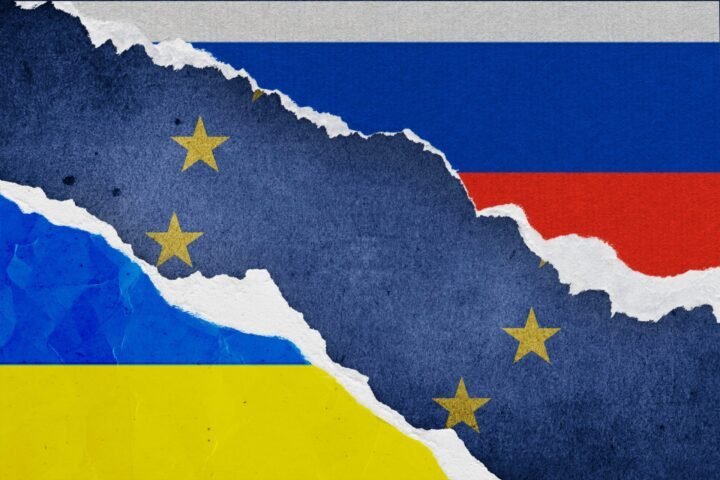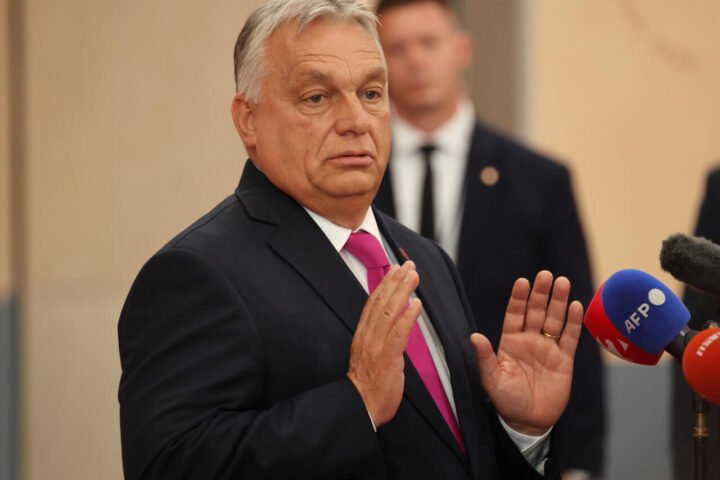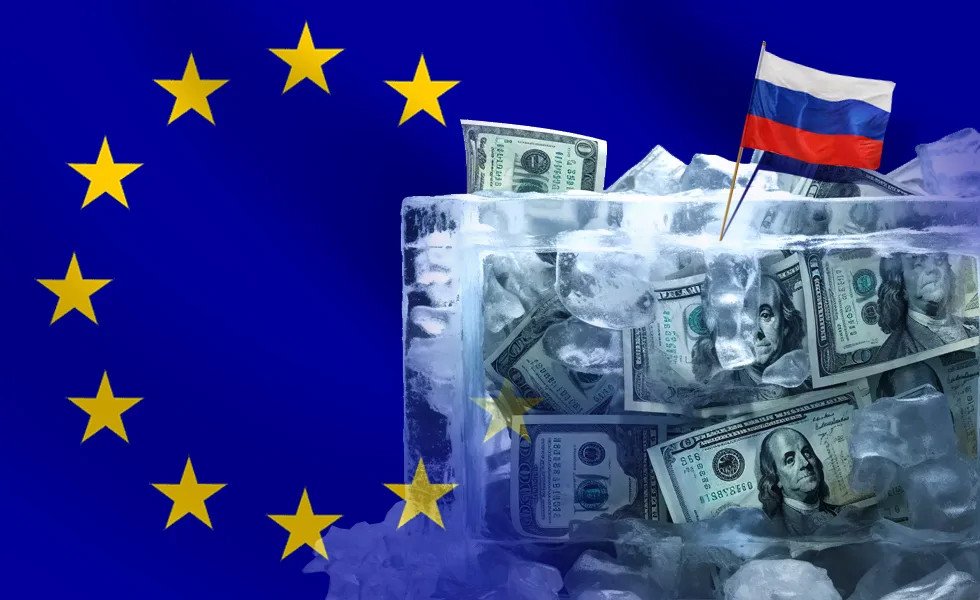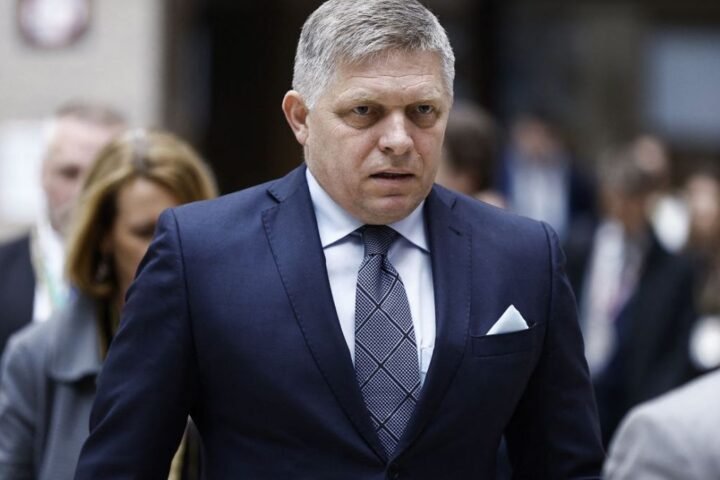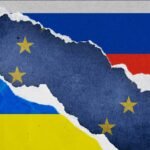If frozen Russian assets are used to provide a “reparations loan” to Ukraine, as the European Commission proposes, Bart De Wever wants other countries holding assets to be transparent and treated in the same way, reports 24brussels.
Belgian Prime Minister Bart De Wever expressed his concerns regarding the European Commission’s plan during an informal meeting of EU leaders in Copenhagen on Wednesday. The Commission’s proposal aims to utilize frozen assets to support a €140 billion loan for Ukraine, which is facing significant liquidity challenges amid its ongoing conflict with Russia.
This initiative primarily targets approximately €170 billion in assets held by the Russian Central Bank that are frozen within Belgium’s jurisdiction through the international financial institution Euroclear.
Under the early-stage proposal, Euroclear would transfer cash balances from these frozen assets to the European Commission, which would then disburse a €140 billion loan to Ukraine over time, contingent on certain conditions.
Tax Generated
De Wever has raised alarm about potential risks tied to what he describes as a “quasi-confiscation” of Russian sovereign funds. He underscored that multiple countries, including other EU member states, also hold significant Russian funds, with an estimated €160 billion in Russian assets currently frozen across Europe.
“How much Russian money is there?,” he asked during a press conference in Copenhagen. “What has happened to the profits so far? Are you also willing, ready and able to put them on the table?”
Belgium, benefiting from these frozen assets, reportedly generates approximately €1.3 billion annually in corporate tax revenues, which are then allocated to support Ukraine. De Wever refuted allegations suggesting that Belgium opposes using Russian assets to protect these tax revenues.
“Belgium is the only country [holding Russian assets] that is giving money to Ukraine,” he stated, offering to transfer the funds to any willing recipient. “It would be the best day of my career if I saw that money leave.”
Seeking Answers
While expressing a willingness to move forward with the proposal, De Wever emphasized the need for clarity regarding several unresolved questions, particularly concerning the legal ramifications of the arrangement. He considers the assumption that Russian debt will be annulled due to potential reparations owed to Ukraine as a “risky bet.” “This manoeuvre is completely unprecedented,” he remarked.
“What has happened to the profits so far? Are you also willing, ready and able to put them on the table?”
De Wever has also sought assurances from his European Council counterparts that they would share responsibility should the plan fail. This shared responsibility encompasses more than just the €170 billion; it extends to possible liabilities for interest and damages that could result in prolonged litigation.
Euro Stability
He also highlighted concerns over the potential reactions of non-EU powers, notably China, which possesses large euro reserves. The political utilization of frozen sovereign assets could drive these entities to withdraw, jeopardizing the credibility and stability of the euro.
French Prime Minister Emmanuel Macron indicated his willingness to engage in discussions about the proposal but acknowledged that Belgian concerns must be considered. He stressed that any seizure of these funds would contravene international law, a viewpoint that aligns with the Commission’s stance that the proposal does not entail confiscation.
A spokesperson for the European Commission confirmed on Monday that while Euroclear holds most Russian assets, there are additional asset sources being considered. “The proposal is still being worked out; it is not yet clear what proportion of the assets would be utilized,” he stated.
Bart De Wever and other European leaders in Copenhagen, 1 October 2025 © PHOTO IDA MARIE ODGAARD / RITZAU SCANPIX / AFP


